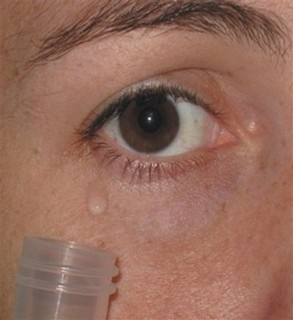Gregg Ten Elshof’s I Told Me So is one best books I’ve read this year. In it he meditates on the fascinating phenomenon of self-deception, and lists a variety of ways we manage our beliefs to avoid the unpleasant consequences of truth. As we go through life we are offered a deal: believe the sober truth about yourself or believe things that give you a fair amount of satisfaction. It’s an easy one to take. As a college professor, Ten Elshof thinks he is a better-than-average one… along with 94% of his colleagues.
The deal of self-deception becomes more attractive to us when certain vices are elevated in our hierarchy of values, and in many cases these are determined by our culture. If someone thought you were racist seventy years ago, chances are you wouldn’t be so bothered by it. You might have been able to admit it, but you would not have felt overwhelmingly compelled to hide it. Today, however, no one is racist. To admit to racism is to admit to perhaps the greatest moral taboo of our day. The higher a vice is ranked in moral failure, the higher the temptation will be to be self-deceived about that vice. Second to racism, is phoniness. It is interesting that our culture places so much value on authenticity and honesty, and yet almost no one today is willing to admit they might have racist tendencies. Ironically, according to Ten Elshof, authenticity is precisely the value keeps us from admitting we could be self-deceived. As the value of authenticity becomes supreme, so does the vice of self-deception. So why would anyone want to take the deal?
Read Full Article »



